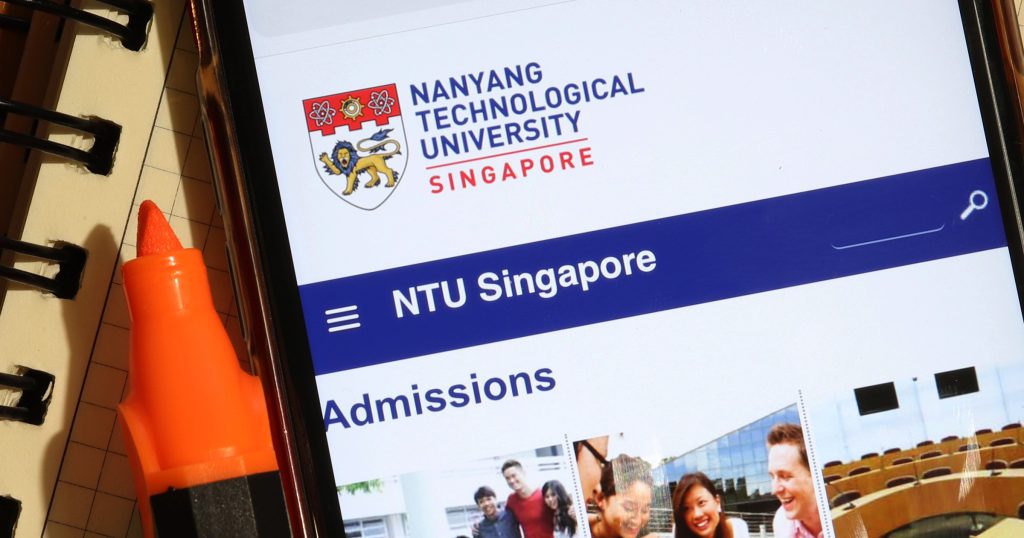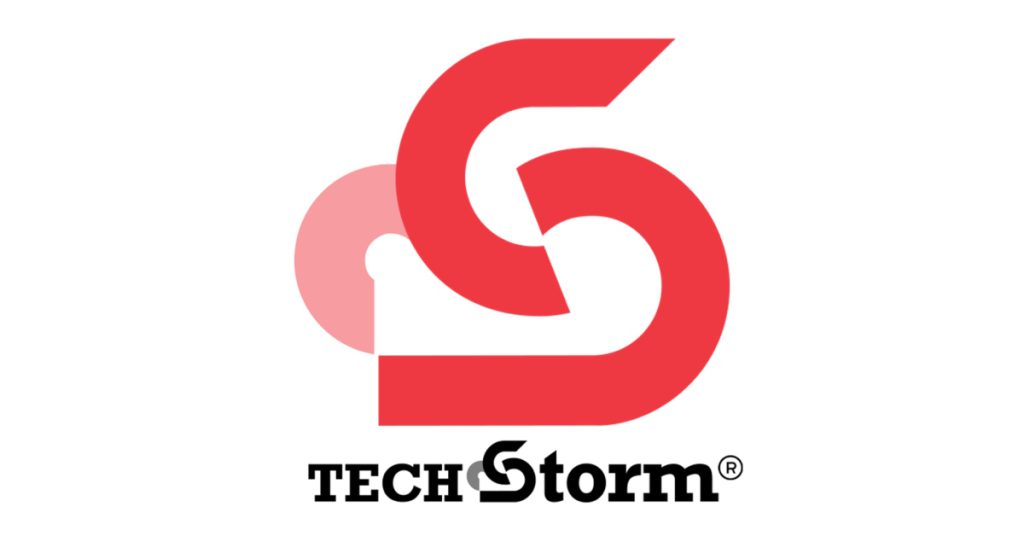When the COVID-19 pandemic struck, travel borders around the world were closed, cancelling holiday plans and putting an end to impromptu weekend getaways.
Globally, countries searched for a solution to stabilise their travel and hospitality industries. As the peak of the pandemic gradually came to a dull roar and became the new norm, affected industries progressively built their businesses factoring in the unpredictability of Covid-19.
In Singapore, we saw a trend of ‘daycations’ and ‘workcations’ emerge within the hospitality industry. Hotels introduced workcation packages, allowing Singaporeans to have an alternative option to working from home, ideal for those whose homes lacked privacy and a conducive environment.
As Singaporeans return to offices and embrace a hybrid working lifestyle, the hospitality market quickly adapted and integrated “in-country holidays” in the form of ‘daycations’.
With ‘daycations’, one could opt to book a few hours in a hotel room, making full use of all the amenities and perks, without forking out the full cost of one night. After all, a short trip is definitely better than no trip at all.
Helping hotels make money off empty rooms
Dayuse jumped on the daycation bandwagon and bucked the traditional “per-night” model. It offers “dayscapes” on an on-demand basis at 30 to 75 per cent cheaper than an overnight stay.
Dayuse began in 2010 as a browser-based booking platform before branching into Europe as a mobile app. In 2015, it raised €$15 million in its Series A funding, which sparked its expansion into the US, Hong Kong, and finally Singapore.
Its services were created to meet the needs of time-stretched urbanites looking for unique ways to spend their day. The bulk (90 per cent) of Dayuse’s clients are Singaporeans, with the remaining 10 per cent being in-transit travellers seeking for a place to rest.
The key with daycations is in its flexibility. Guests can reserve a room for a few hours — for example, from 6am to 11pm — and in some instances, make payment only upon check-in.

On average, 70 per cent of hotels are empty most days. Founder of Dayuse, David Lebée, utilised the unused inventory with an aim to assist hoteliers with generating incremental revenue and improve their bottom line — a welcome game-changer, especially with the pandemic severely affecting the hospitality industry.
Cities offer some amazing properties that are totally unknown to their residents. My main motivation was to open up these places for local residents to explore, while simultaneously provide a new revenue stream.
– David Lebée, founder of Dayuse
Following Dayuse, a growing pool of daycation apps has made its way into the mix with Stayr, DayAway and DayPass, further evolving into short-term entertainment and event spaces such as Lodge & Co and BumOutSpace.
More than just another hotel stay
Martha Waslen, founder and CEO of daycation startup DayAway, founded the brand shortly after the first ‘circuit breaker’ restrictions eased.
She noticed that people had a real need to enjoy experiences out of their homes. Since hotels have always been the mode of escape for many, it made an ideal fit for DayAway.

According to Martha, the pandemic has put a spotlight on an existing opportunity and created the opportune time and context to accelerate hotel and user adoption of such platforms like DayAway.
Prior to the pandemic, most hotels did not have to be overly concerned about engaging with the local community as they were focused on attracting international business, MICE (Meetings, Incentives, Conferences and Exhibitions), and leisure travellers. Only a small percentage were local guests.
– Martha Waslen, Founder and Chief Executive Officer of DayAway
She also shared how the hospitality industry has tried to generate an increase in revenue through non-room inventory — spas, gyms, retail, food and beverage — for nearly a decade, but lacked the technology or inventory management tools to sell these spaces.
It was only through the pandemic that hotels became fully dependent on local clientele, thus prioritising initiatives that would help diversify their revenue and increase meaningful engagement with guests.
“Daycations have increased the relevance of hotels as a source of learning, inspiration, and more. It’s a social venue where everyone can enjoy an array of experiences, be it a work meeting in a suite, or a poolside escape for the day,” she added.
All we need is space
Building on the short-hour system that daycations provide, Singapore startup Lodge & Co also follows a similar business model. Shalyn Sim and her partner Jeremy, recently opened Lodge & Co to the public in April 2022.
While other daycation startups partner with hotels and local merchants to craft a full experience to their guests, Shalyn came up with the concept of a short-term “getaway” whilst she was still in university. Back then, she would actively search for a one-stop space where she could study, eat, and have the freedom to play loud music.
Unlike the other daycation counterparts in the market, Lodge & Co serves more as a co-sharing space that can be booked for entertainment or work purposes, mostly catering to corporates and SMEs; as well as temporary spaces for fellow entrepreneurs without an office space.
To cater to this clientele, it also offers tablet rentals as well as printing services.

Lodge & Co’s cabins are also ideal for those on a budget, with rates starting from S$12.60 per hour — a fraction of the price in comparison to other hotel daycation packages.
At the moment, it has two cabins: the Lodge Cabin and the Noir Cabin. It’s equipped with a myriad of entertainment needs: free Prime Video, YouTube Premium, Netflix, Disney Plus, and even a karaoke system.
For those looking to spend time reminiscing old school games, board games and retro game consoles are also available.
We’re in the process of trying to secure another place with an additional two to three more cabins somewhere in the city area. After which, we’ll need another three months or so to renovate the place. Guests can also look forward to new themed cabins.
– Shalyn Sim, founder of Lodge & Co
The rise of daycation startups or businesses pivoting to cater to the local clientele is inevitable due to the pandemic’s effects on the travel and hospitality industry.
However, it can also be said that the emergence of such spaces — be it a short-term hotel visit, or a five-hour long karaoke session with friends — is simply due to people longing for a private space to call their own.
As Waslen summarises, “Now more than ever, people are seeking access to luxurious experiences beyond their spaces. The spotlight on wellness during the pandemic has resulted in a cultural shift. It taught us that prioritising our mental, emotional, and physical wellness is of utmost importance.”
With everyone in Singapore being confined during the ‘circuit breaker’, it’s no surprise that people are utilising the options available to indulge in a short retreat, work away from the distractions at home, or demarcate work from play.
Balance is not something you find, it is something you create; and if daycations can provide that balance, it would be sacrilegious to refuse.
Featured Image Credit: Dayuse / Lodge & Co / Martha Waslen, Founder & CEO of DayAway, DayAway










